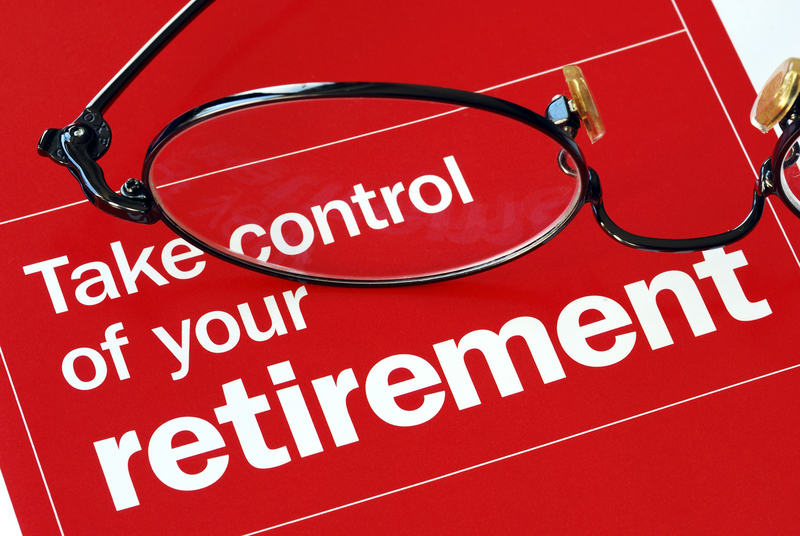Are you planning to retire in the next 5 years? By the time you hit 65 you have built up a savings. Now you have to protect what you’ve built. New England Investment and Retirement Group has put together some ideas to make sure you are prepared to enjoy the retirement you want:
Educate Yourself
Set up an appointment now with your professional finance team to review your current financial situation and your retirement plan. If you do not have a retirement plan currently in place or it has not been updated in a while (i.e. more than one year), you should make it a priority to commit to the planning process with your financial advisor.
Learn about investment approaches that affect the distribution phase of your retirement. Ask plenty of questions to ensure you understand all aspects of your retirement. Consider all available investment vehicles to meet your financial and life goals, but make sure you understand any related tax consequences and liquidity restraints while remaining in-line with your risk tolerance. Optimizing your after-tax return is important but it means nothing if you cannot commit to the overall strategy due to your inability to accept account fluctuations. You spent a lot of your life earning money; now it’s time to learn how it will work for you.
Determine how much you really need to retire
To determine if you have enough to retire, develop an accurate breakdown of your anticipated cash flow by calculating the monthly income you anticipate receiving less your monthly expenditures. Although tedious, this is perhaps the most important planning step.
With a notepad or spreadsheet, first list all current and anticipated monthly fixed expenses. These fixed expenses are ones that you must pay and include things such as housing costs (mortgage or rent payments), taxes (property and income), and insurance (property, life, and health). Then list all discretionary, or variable, expenses that you anticipate having in retirement. These include home improvements, vacations, entertainment, memberships, etc.
After you have accounted for your anticipated expenses, calculate the income that will be available from all sources. Include pension income, Social Security, part-time employment, rental income, and distributions from retirement and nonretirement brokerage accounts. As a general rule of them, limit brokerage account withdrawals to 4% of your aggregate account balance. Calculate your monthly cash flow by subtracting your expenses from your income. Is this number a surplus (positive) or deficient (negative)? Do not worry if it’s a deficient. You have some choices: spend less in retirement, save more now, work a few extra years, or potentially earn a higher rate of return on your investments by accepting higher levels of risk.
Increase Cash Reserves
The process of applying for pensions, Social Security, and setting up withdrawals from your IRA’s and 401(k) plans requires proper planning, time, paperwork and patience. Often time there are delays, so you want to plan for a speedbump in the process.
You can prepare for delays by having extra cash reserved in savings, checking and/or money market accounts. The amount to put away is recommended range of three to six months’ worth of total living expenses.
Evaluate Your Tax Obligations
Will you be in a lower tax bracket? If so maximize tax deductible contributions now. Are you considering selling your home? Learn about the capital gains from the sale of your home and if they could be tax-free (subject to applicable IRS regulations). Do you have stock in your company that will need to be diversified? Prepare now for the amount of tax obligation that will be owed the year you sell the stock or if possible spread the sale over several years to minimize the impact. Retirees often underestimate the tax obligations they will face in retirement.
Diversify Your Investments
Watching your portfolio go up and down is can be nerve wracking, as long as you end high, does it matter how you got there?
When you retire, it’s a different story. You start taking regular withdrawals from your portfolio, volatility has a greater impact. Retirement planners call this sequence risk. Reducing the highs and lows may increase the odds that your money will last through your entire retirement.
Work with your financial planner to see what mix of investments will potentially achieve the rate of return you need while having a level of risk that’s comfortable for you. The risk/return traits of your portfolio will determine how much you may have, and how long it may last in the long run.
If you would like to review your retirement plan please contact New England Investment and Retirement Group to set up your appointment today.





